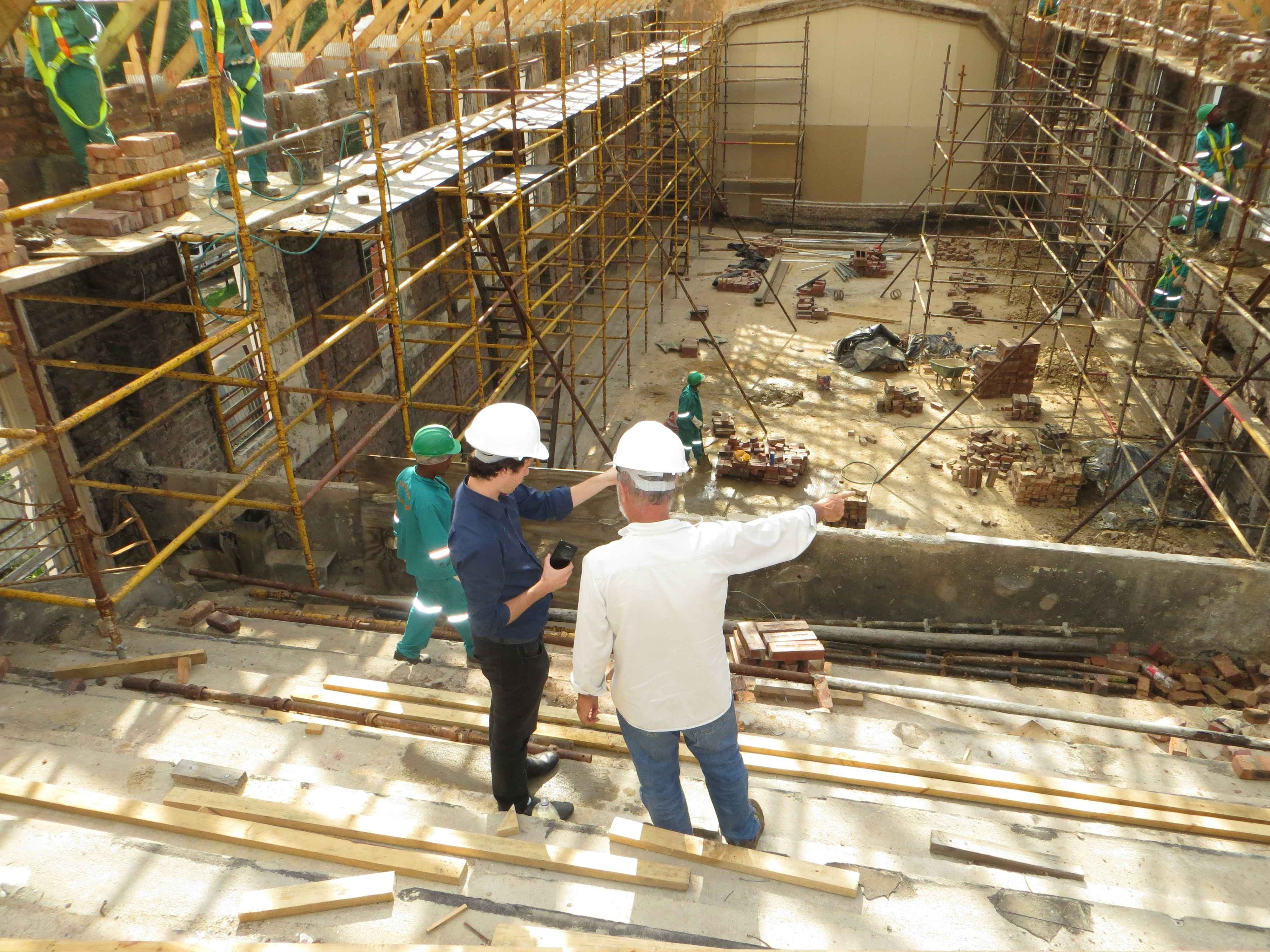
CONSTRUCTION
Construction training program is designed to provide you with the skills and knowledge needed for a successful career in Japan's construction industry. This program covers various aspects of construction work, including safety procedures, tool usage, blueprint reading, and building techniques. Our instructors are industry experts who provide hands-on training and practical insights into the construction field. The curriculum includes both classroom instruction and on-site training to ensure you are well-prepared for the demands of the job. We also focus on teaching you about Japanese construction standards and practices to help you integrate smoothly into the industry. By the end of the program, you will be ready to work in different construction settings, from residential buildings to large infrastructure projects.
Construction training program is designed to provide you with the skills and knowledge needed for a successful career in Japan's construction industry. This program covers various aspects of construction work, including safety procedures, tool usage, blueprint reading, and building techniques. Our instructors are industry experts who provide hands-on training and practical insights into the construction field. The curriculum includes both classroom instruction and on-site training to ensure you are well-prepared for the demands of the job. We also focus on teaching you about Japanese construction standards and practices to help you integrate smoothly into the industry. By the end of the program, you will be ready to work in different construction settings, from residential buildings to large infrastructure projects.